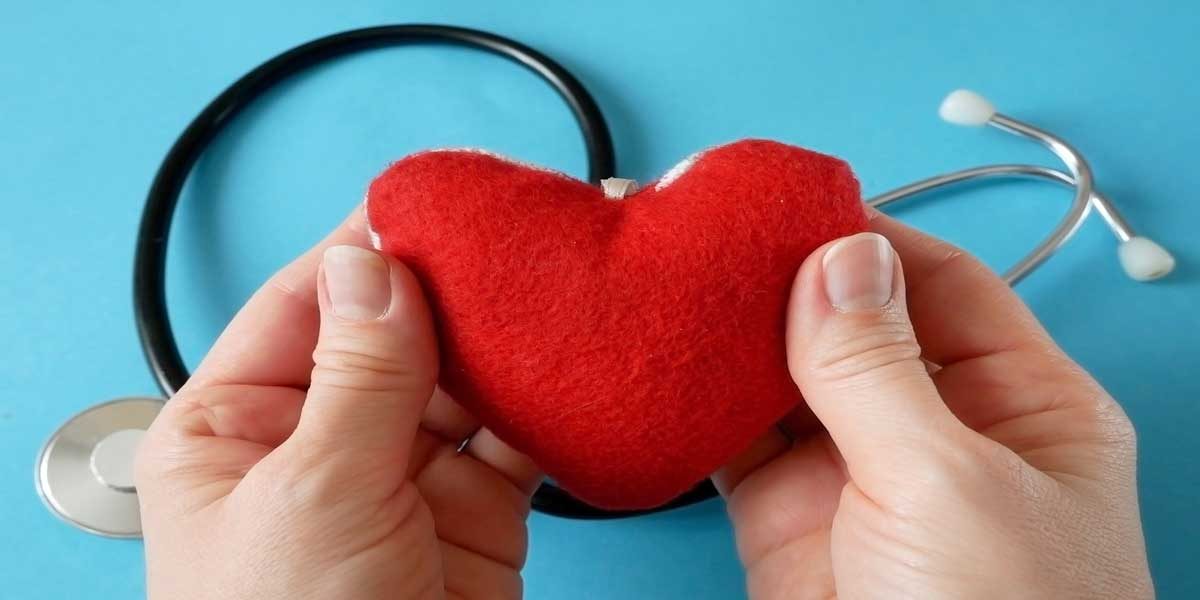Modern day research is encouraging supplementation with omega 3 fatty acids for better heart, brain and immune health. Studies have found that they may reduce inflammation, decrease blood triglycerides, and even reduce the risk of dementia .However there is growing concern with increased omega 6 fatty acids in the bloodstream due to indiscriminate use of oils in making processed foods.
A healthy ratio of omega-6 to omega-3 fatty acids appears to be between 1-to-1 and 4-to-1, but studies suggest that people who follow a typical Western diet may consume a ratio of between 15-to-1 and almost 17-to-1.
The Standard American Diet skews the ratio more towards Omega 6 fatty acids which lead the body to the pro-inflammatory stage. There is growing evidence of the link of chronic inflammation with chronic diseases such as diabetes, heart disease, arthritis ,autoimmune disorders, cancer and many more.
Avoiding foods that are high in omega-6s – which include the familiar culprits fried foods, fast foods, baked products and junk foods along with adequate intake of omega 3 fatty acids can help keep a proper ratio between the two fatty acids.
One must know three important types of Omega-3 fatty acids to incorporate them in their daily diet:
1. ALA -( alpha-linolenic acid) This is mainly from plant sources such as Walnuts, flax seeds and chia seeds ,Brussels sprouts, algae and hemp seeds.
ALA is not as active in the body and must be converted to two other forms of omega-3 fatty acids — eicosapentaenoic acid (EPA) and docosahexaenoic acid (DHA) — to bestow the same health benefits
2. EPA (eicosapentaenoic acid)
3. DHA (docosahexaenoic acid)
EPA & DHA are obtained mainly from Cold-water fatty fish, such as salmon, mackerel, tuna, herring, and sardines.
There is a special problem which poses for vegans and vegetarians in relation to omega 3 fatty acid intake. Unfortunately, your body’s ability to convert ALA is limited. Only about 5% of ALA is converted to EPA, while less than 0.5% is converted to DHA).
Thus, if you don’t supplement with fish oil or get EPA or DHA from your diet, it’s important to eat plenty of ALA-rich foods to meet your omega-3 needs which may not be practical or feasible.
However one can find solutions to their issues with scientific methods with modern day advancements in home health diagnostic technologies and supplementation.
Pratiksha Gandhi is a world renowned heart health expert who has spearheaded the mission of prevention of heart attacks through non-profit Global Foundation for Preventive Cardiology. According to her, omega 3 fatty acids play a very important role in improving heart health. She has helped thousands of clients globally to achieve better quality of life with her healthy heart programs for prevention and reversal of heart diseases.
According to her, the first step is to know about the levels of omega 3 fatty acids in your blood and check out whether you are in balance. One can do a test and find out the numbers to know their own ratios.
Make sure to purchase high-quality fish oil that has been certified pure from environmental toxins.
Typical dosages of fish oil for heart health range from 500 mg to 1000 mg a day. However, check first with your doctor before supplementing. Dr. Pratiksha Gandhi offers more information on omega testing and supplementation on her website.








